Today’s reading: Judges 10–11:11; Acts 14; Jeremiah 23; Mark 9
July 27th, 2016
I hear people asking each other, “How is your walk with the LORD?” I love when this is how we inquire of each other’s well being! Our pastor Mike Baker at Eastview likens our journey to a marathon as does another Pastor you probably know (1Corinthians 9:24). The key thing here in my estimation is the ‘with’ part. We do not try walk and run to win on our own. As we go we have a Companion, a Comforter, a Helper, who strengthens us (Ephesians 3:16). Today’s reading in Mark 9 had me thinking a lot about walking with Christ.In yesterday’s reading Mr. LaFrance asked several great questions. One that stood out to me, “Do I act in a way that I would in the presence of the Lord?” This led me to think on several other questions. What would walking with the LORD be like? How would I respond (Mark 9:5)? Would I know what to do (Mark 9:6)? Would I walk with the LORD or would do my own thing and turn away? God says he is with us (John 14:16, John 14:26) so this is all still relevant today, but what does this all mean to me today? Immediately I began to recall several things.
Grieving the Spirit. I once heard of a phrase called “grieving the Spirit.” Basically, my understanding is that it is when our thoughts, words and deeds choose and amplify self, we can push the Helper away and we enter into a state of helplessness.
The Fruit of the Spirit. We had a guest preacher at Eastview who helped me understand the proper response to the realization that I had grieved the Spirit. When I had realized that my thoughts, word or deeds had not been in love, joy, peace, longsuffering, gentleness, goodness, meekness, or temperance, what should I do? I took away a powerful truth from his sermon, I AM the Vine:
“It is the fruit of the Spirit, It is not the fruit of anything you.”
The idea here is simple. If you realize that your thoughts were not longsuffering it is not a matter of getting better at longsuffering. “Mike you need to get better and be more longsuffering” is not the proper response. Instead, in truth, it is a matter of abiding in Christ. Getting closer to Him. He produces the longsuffering. It is the fruit of the Spirit, not of me. Praise God for helping us with this burden (Matthew 11:30)! I can not imagine if it were up to me to get better at all these things.
Running to the cross. I once heard a sermon about what the deceiver wants when we realize our sin. The preacher said the deceiver wants us to feel shame that keeps us separate from God. Like in the garden of Eden he wants us to hide and distance ourselves from God. Actually, the answer and the truth is the opposite. Run to the cross! Run to God! Do everything and anything to get closer to God! Praise God that He bore our iniquities (Isaiah 53:4-5)! Praise God that He invites us to Him. Praise God that He loves us even though we are sinners (Romans 5:8)! Praise God His love is unconditional!
Abiding in Christ. I was in a small group setting once where a friend had a whiteboard and in the middle he wrote the word “God” and drew a circle around it. Then he started asking the group “How can we get closer to God?” The group responded one after another as we started to brainstorm. One person replied, “Reading the Bible.” “Good!” he replied and wrote down, ‘Reading the Bible’ circled it and drew a line to God. Another, responded “Listening to Christian radio”, another “Praying”, each time he wrote down the response circled them and drew a line to God. One after another the group responded and eventually there was a web of thoughts, words, and deeds that helped us abide in Christ:
- Reading the Bible
- Listening to Christian radio
- Listening to the Bible
- Listening to a sermon
- Praying with others
- Praying for others
- Thinking positive thoughts
- Encouraging people
- Being thankful
- Going last
- Loving people
- …
Extra Credit
- Bring a blank piece of paper to the dinner table and write out God in the middle and circle it.
- Ask your family, “How can we get closer to God?” If it helps ask specific questions like “What can we (think/say/do) to get closer to God?”
- Write down everyone’s responses, circling them and drawing a line back to God.
- Put it on your fridge.
Extra, Extra Credit
- Snap a picture of the drawing, post it on facebook and tag BibleJournal
- Consider also the principle of replacement. What are daily habits we have that we can replace to get closer to God? i.e. replacing watching TV with reading the Bible or replacing talk radio with listening to a sermon, etc. Pull it off the fridge and consider this with your family. Check in a few weeks back and ask each other how it is going.

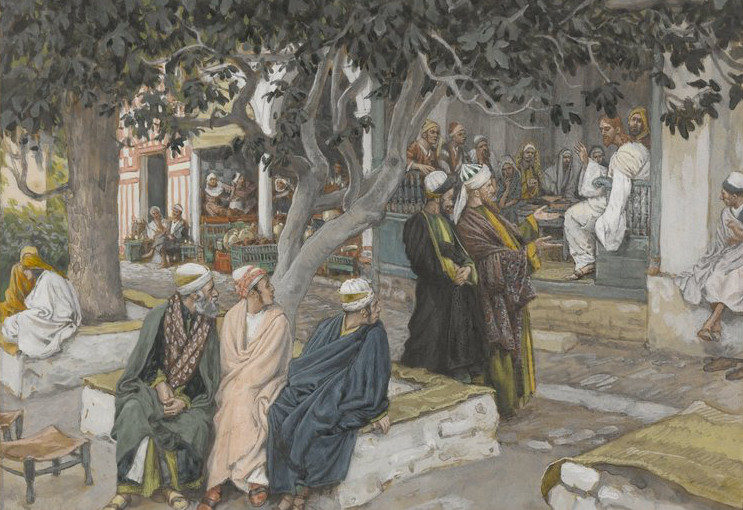
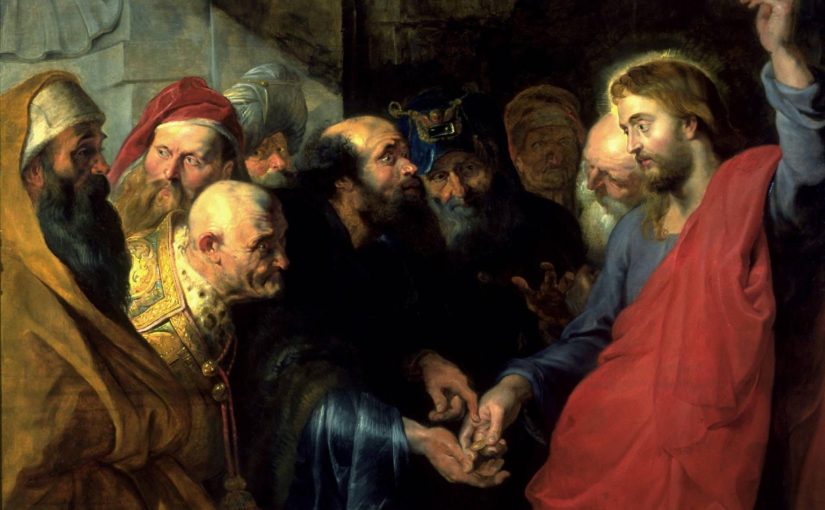
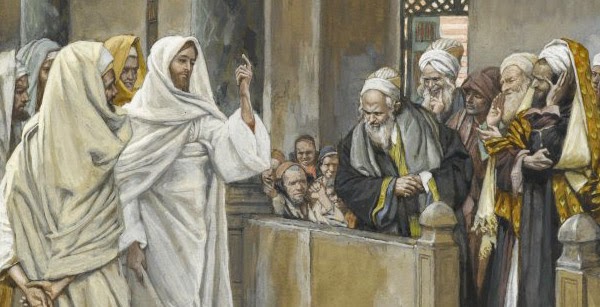
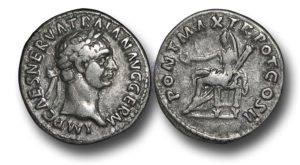
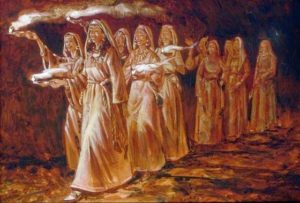


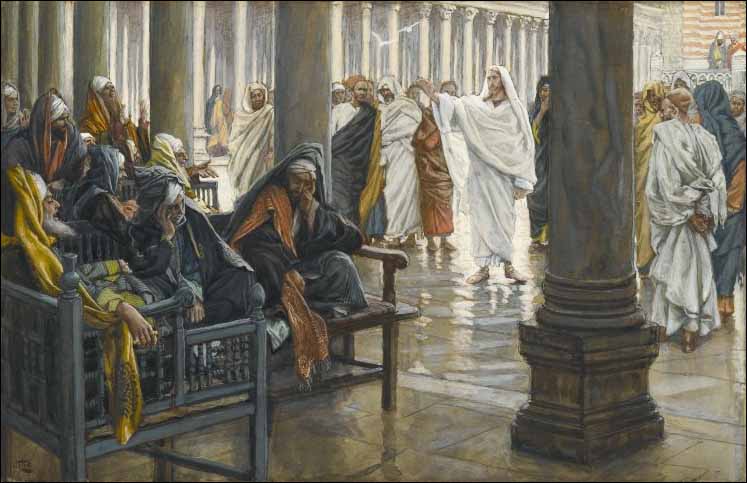

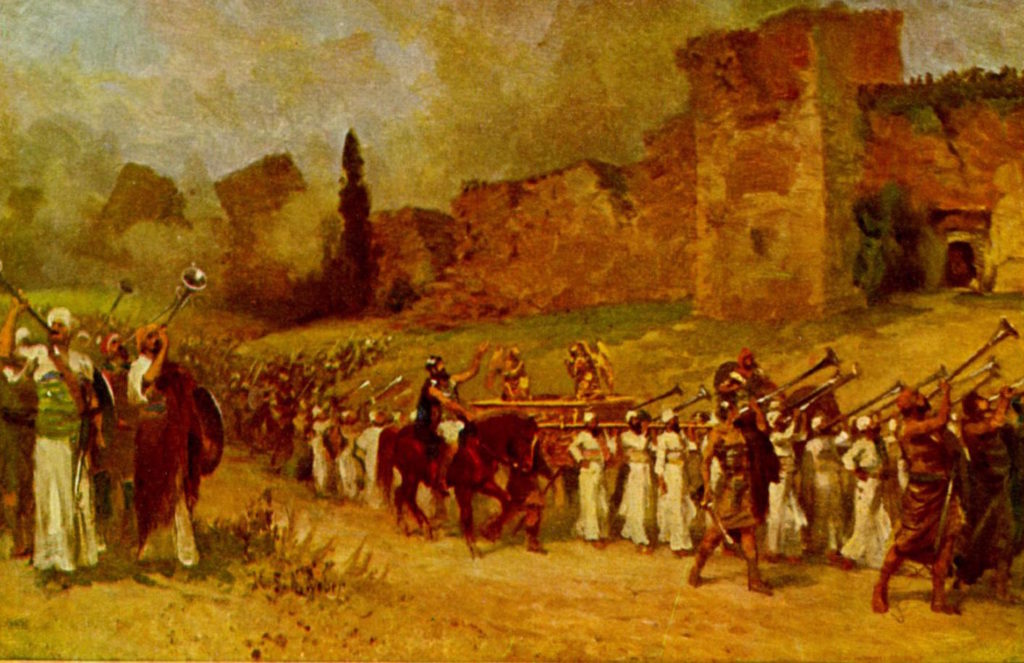
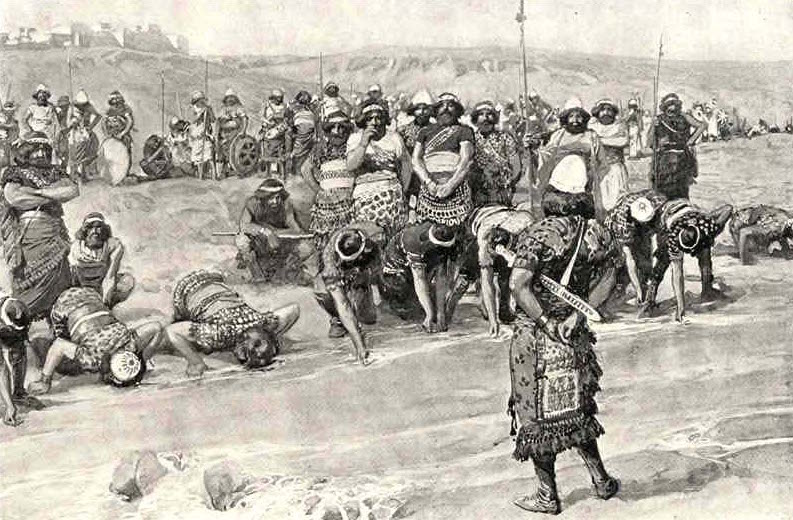

 Deuteronomy 13–14; Psalms 99–101; Isaiah 41; Revelation 11
Deuteronomy 13–14; Psalms 99–101; Isaiah 41; Revelation 11